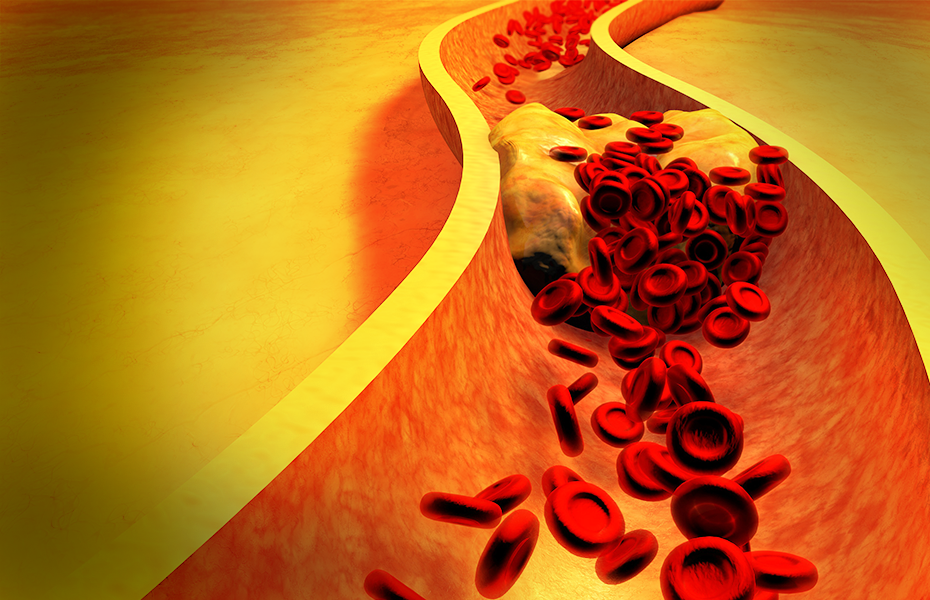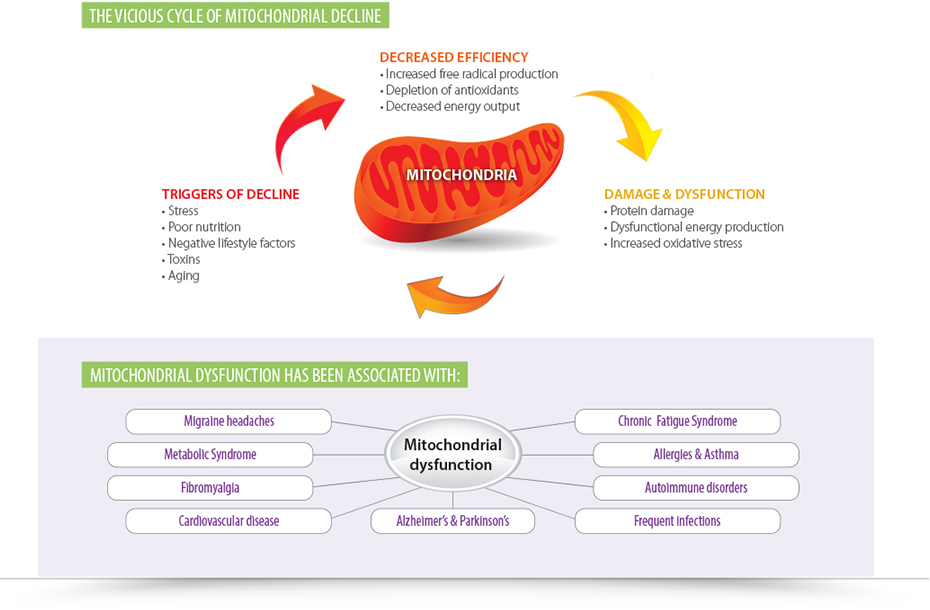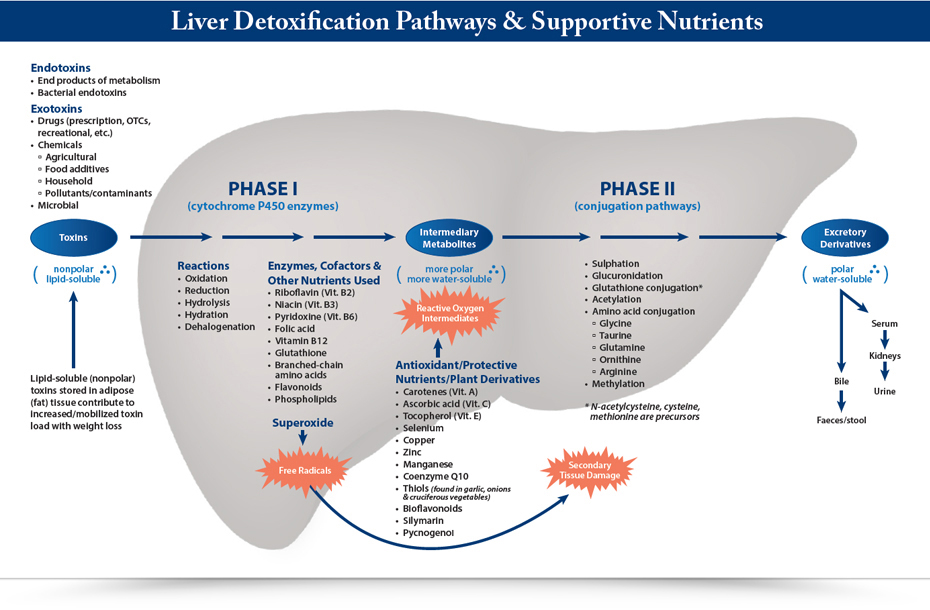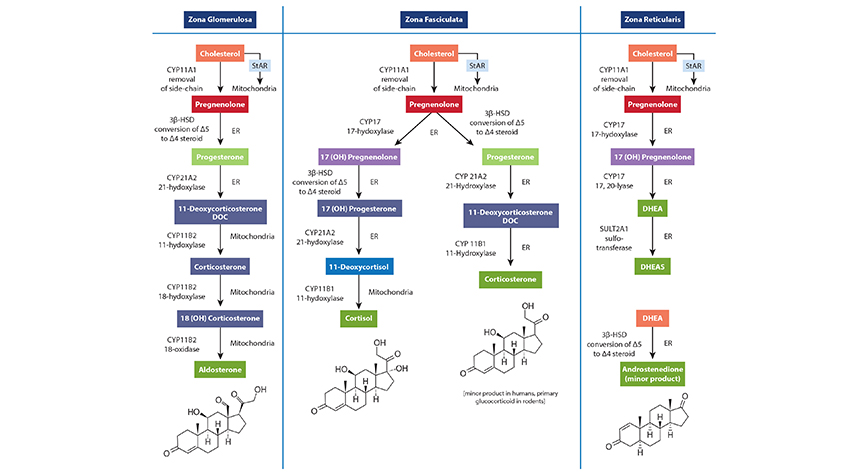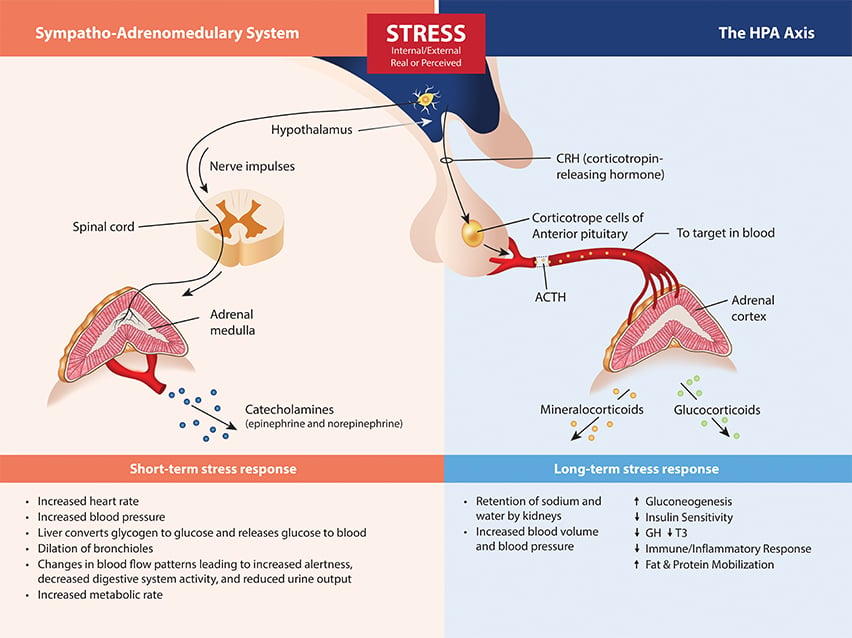
Access our weekly blogs written by our research and clinical team
Sign up for notifications →Blog
Shilpa P. Saxena, MD, IFMCP | November 20, 2024
Lisa M. (Perry) Portera, DC, IFMCP | October 30, 2024
Elroy Vojdani, MD | October 23, 2024
Joseph Ornelas, PhD, DC | October 16, 2024
Megan Borreson, ND | October 9, 2024
Claire Kacena, DC | October 2, 2024
Carrie Jones, ND, FABNE, MPH | September 25, 2024
Carrie Jones, ND, FABNE, MPH | September 18, 2024
Joanna Matras-Godziejewicz, ND, PhD | September 11, 2024
Vincent Pedre, MD | September 4, 2024
Thomas G. Guilliams, PhD | August 28, 2024
Adrian den Boer, ND, DC, IFMCP | August 21, 2024
Shilpa P. Saxena, MD, IFMCP, Adrian den Boer, ND, DC, IFMCP | August 14, 2024
Joseph Ornelas, PhD, DC | August 7, 2024
Joseph Ornelas, PhD, DC | July 31, 2024
Claire Kacena, DC | July 24, 2024
Megan Borreson, ND | July 17, 2024
Vincent Pedre, MD | July 10, 2024
Joanna Matras-Godziejewicz, ND, PhD | July 3, 2024
Ryan VanBommel, DC | June 26, 2024
Shilpa P. Saxena, MD, IFMCP | June 19, 2024
Thomas G. Guilliams, PhD | June 12, 2024
Angela Lucterhand, DC | May 29, 2024
Mark J. Tager, MD | May 22, 2024
Claire Kacena, DC | May 15, 2024
Kareem Kandil, MD, ND | May 8, 2024
Megan Borreson, ND | May 1, 2024
Lauren Ricciardi | April 24, 2024
Steve Amoils, MD | April 17, 2024
Ryan VanBommel, DC | April 10, 2024
Thomas G. Guilliams, PhD | April 3, 2024
Joseph Ornelas, PhD, DC | March 27, 2024
Lauren Ricciardi | March 20, 2024
Kareem Kandil, MD, ND | March 13, 2024
Ryan VanBommel, DC | March 6, 2024
Joseph Ornelas, PhD, DC | February 28, 2024
Lauren Ricciardi | February 21, 2024
Thomas G. Guilliams, PhD | February 14, 2024
Katrina Wilhelm, ND | February 7, 2024
Claire Kacena, DC | January 31, 2024
Shilpa P. Saxena, MD, IFMCP | January 24, 2024
Jonathan Cannizzo, MSc | January 10, 2024
Mia Iyer, DC | January 3, 2024
Joseph Ornelas, PhD, DC | December 27, 2023
Steve Amoils, MD | December 20, 2023
Vincent Pedre, MD | December 13, 2023
Adrian den Boer, ND, DC, IFMCP | December 6, 2023
Vincent Pedre, MD | November 22, 2023
Thomas G. Guilliams, PhD | November 15, 2023
Adrian den Boer, ND, DC, IFMCP | November 8, 2023
Joseph Ornelas, PhD, DC | November 1, 2023
Steve Amoils, MD | October 18, 2023
Adrian den Boer, ND, DC, IFMCP | October 11, 2023
Jeff Robins, RPh, FAARFM, ABAAHP | October 4, 2023
Steve Amoils, MD | October 4, 2023
Thomas G. Guilliams, PhD | September 27, 2023
Jeffrey Bland, PhD, FACN, CNS | September 6, 2023
Jeffrey Bland, PhD, FACN, CNS | September 6, 2023
Jeffrey Bland, PhD, FACN, CNS | September 6, 2023
Joseph Ornelas, PhD, DC | August 30, 2023
Christopher Mote, DO, DC, IFMCP | August 23, 2023
Christopher Mote, DO, DC, IFMCP | August 23, 2023
Carrie Jones, ND, FABNE, MPH | August 16, 2023
Jeff Robins, RPh, FAARFM, ABAAHP | August 9, 2023
Megan Borreson, ND | August 2, 2023
Adrian den Boer, ND, DC, IFMCP | July 26, 2023
Shilpa P. Saxena, MD, IFMCP | July 19, 2023
Stacey Smith, DC | July 5, 2023
Joseph Ornelas, PhD, DC | June 28, 2023
Kareem Kandil, MD, ND | June 21, 2023
Shilpa P. Saxena, MD, IFMCP | June 7, 2023
Kareem Kandil, MD, ND | May 24, 2023
Claire Kacena, DC | May 10, 2023
Thomas G. Guilliams, PhD | May 3, 2023
Elizabeth Strong | April 26, 2023
Joseph Ornelas, PhD, DC | April 12, 2023
Elroy Vojdani, MD | April 5, 2023
Kareem Kandil, MD, ND | March 29, 2023
Elroy Vojdani, MD | March 22, 2023
Megan Borreson, ND | March 8, 2023
Kareem Kandil, MD, ND | March 1, 2023
Megan Borreson, ND | February 22, 2023
Kareem Kandil, MD, ND | February 15, 2023
Joseph Ornelas, PhD, DC | February 8, 2023
Megan Borreson, ND | February 1, 2023
Kareem Kandil, MD, ND | January 25, 2023
Shilpa P. Saxena, MD, IFMCP | January 18, 2023
Thomas G. Guilliams, PhD | January 11, 2023
Angela Lucterhand, DC | January 4, 2023
Vincent Pedre, MD | December 28, 2022
Thomas G. Guilliams, PhD | December 14, 2022
Joseph Ornelas, PhD, DC | December 7, 2022
Christopher Mote, DO, DC, IFMCP | November 16, 2022
Joseph Ornelas, PhD, DC | November 2, 2022
Carrie Jones, ND, FABNE, MPH | October 26, 2022
Adrian den Boer, ND, DC, IFMCP | October 12, 2022
Stacey Smith, DC | September 30, 2022
Thomas G. Guilliams, PhD | September 19, 2022
Thomas G. Guilliams, PhD | September 9, 2022
Shilpa P. Saxena, MD, IFMCP | September 6, 2022
Kareem Kandil, MD, ND | August 15, 2022
Elroy Vojdani, MD | August 8, 2022
Ioana Manahilova, DC | July 5, 2022
Adrian den Boer, ND, DC, IFMCP | June 27, 2022
Adrian den Boer, ND, DC, IFMCP | June 6, 2022
Elizabeth Strong, Olivia Morrissey | May 23, 2022
Frank Bodnar, DC, MS | May 9, 2022
Vincent Pedre, MD | May 2, 2022
Elroy Vojdani, MD | April 18, 2022
Katrina Wilhelm, ND | February 14, 2022
Joseph Ornelas, PhD, DC | February 14, 2022
Adrian den Boer, ND, DC, IFMCP | February 14, 2022
Stacey Smith, DC | February 14, 2022
Shilpa P. Saxena, MD, IFMCP | February 14, 2022
Stacey Smith, DC | November 16, 2021
Frank Bodnar, DC, MS | October 16, 2021
Thomas G. Guilliams, PhD | September 16, 2021
Steven Imgrund, MS, CNS | July 16, 2021
Elroy Vojdani, MD | May 16, 2021
Steven Imgrund, MS, CNS | March 16, 2021
Steve Amoils, MD | February 16, 2021
Thomas G. Guilliams, PhD | January 16, 2021
Steven Imgrund, MS, CNS | October 16, 2020
Angela Lucterhand, DC | September 16, 2020
Steve Amoils, MD | August 16, 2020
Olivia Morrissey | July 16, 2020
Steven Imgrund, MS, CNS | June 16, 2020
Olivia Morrissey | April 27, 2020
Shilpa P. Saxena, MD, IFMCP | March 16, 2020
Bill Hogarth, DC, MBS | January 16, 2020
Adrian den Boer, ND, DC, IFMCP | December 16, 2019
Frank Bodnar, DC, MS | August 16, 2019
Bill Hogarth, DC, MBS | June 16, 2019
Elroy Vojdani, MD | May 16, 2019
Vincent Pedre, MD | April 16, 2019
Mia Iyer, DC | February 16, 2019
Steve Amoils, MD | January 16, 2019
Stacey Smith, DC | December 16, 2018
Steve Amoils, MD | October 16, 2018
Stacey Smith, DC | September 16, 2018
Thomas G. Guilliams, PhD | August 16, 2018
Joseph Ornelas, PhD, DC | May 16, 2018
Steve Amoils, MD | April 16, 2018
Steven Imgrund, MS, CNS | March 16, 2018
Stacey Smith, DC | February 16, 2018
Steven Imgrund, MS, CNS | January 16, 2018
Steven Imgrund, MS, CNS | November 16, 2017
Thomas G. Guilliams, PhD | October 16, 2017
Thomas G. Guilliams, PhD | October 16, 2017
Adrian den Boer, ND, DC, IFMCP | September 16, 2017
Shilpa P. Saxena, MD, IFMCP | August 16, 2017
Shilpa P. Saxena, MD, IFMCP | April 16, 2017
Vincent Pedre, MD | February 16, 2017
Mia Iyer, DC | December 16, 2016
Shilpa P. Saxena, MD, IFMCP | November 16, 2016
Adrian den Boer, ND, DC, IFMCP | September 16, 2016
Bill Hogarth, DC, MBS | August 16, 2016
Christopher Mote, DO, DC, IFMCP | June 16, 2016
Mia Iyer, DC | March 16, 2016
Shilpa P. Saxena, MD, IFMCP | December 16, 2015
Thomas G. Guilliams, PhD | November 16, 2015
Adrian den Boer, ND, DC, IFMCP | October 16, 2015
Christopher Mote, DO, DC, IFMCP | September 16, 2015
Christopher Mote, DO, DC, IFMCP | August 16, 2015
Christopher Mote, DO, DC, IFMCP | July 16, 2015
Uli Iserloh, PhD | June 16, 2015
Uli Iserloh, PhD | May 16, 2015
Uli Iserloh, PhD | April 16, 2015
Christopher Mote, DO, DC, IFMCP | March 16, 2015
Adrian den Boer, ND, DC, IFMCP | February 16, 2015
Angela Lucterhand, DC | January 16, 2015
Thomas G. Guilliams, PhD | December 16, 2014
Shilpa P. Saxena, MD, IFMCP | November 16, 2014
Christopher Mote, DO, DC, IFMCP | September 16, 2014
Adrian den Boer, ND, DC, IFMCP | August 16, 2014
Adrian den Boer, ND, DC, IFMCP | July 16, 2014
Christopher Mote, DO, DC, IFMCP | June 16, 2014
Angela Lucterhand, DC | March 16, 2014
Vincent Pedre, MD | February 16, 2014
Shilpa P. Saxena, MD, IFMCP | October 16, 2013
Angela Lucterhand, DC | September 16, 2013
Christopher Mote, DO, DC, IFMCP | August 16, 2013
Adrian den Boer, ND, DC, IFMCP | July 16, 2013
Thomas G. Guilliams, PhD | June 16, 2013
Thomas G. Guilliams, PhD | May 16, 2013
Thomas G. Guilliams, PhD | April 16, 2013
Vincent Pedre, MD | March 16, 2013
Christopher Mote, DO, DC, IFMCP | February 16, 2013
Vincent Pedre, MD | January 16, 2013
Shilpa P. Saxena, MD, IFMCP | December 16, 2012
Angela Lucterhand, DC | November 16, 2012
Todd R. LePine, MD | September 16, 2012
Shilpa P. Saxena, MD, IFMCP | July 16, 2012
Jeffrey Bland, PhD, FACN, CNS | June 16, 2012
Jeffrey Bland, PhD, FACN, CNS | May 16, 2012
Jeffrey Bland, PhD, FACN, CNS | April 16, 2012
Ralph LaForge, MSc, FNLA, CLS | March 16, 2012
Jonathan Cannizzo, MSc | February 16, 2012
Angela Lucterhand, DC | January 16, 2012
Thomas G. Guilliams, PhD | December 16, 2011
Jeffery Gladd, MD | November 16, 2011
Mark J. Tager, MD | September 16, 2011
Randi Mann, WHNP-BC, APNP, NCMP | August 16, 2011
Shilpa P. Saxena, MD, IFMCP | July 16, 2011
Kara Fitzgerald, ND | June 16, 2011
Christopher Mote, DO, DC, IFMCP | May 16, 2011
Thomas G. Guilliams, PhD | April 16, 2011
Jonathan Cannizzo, MSc | March 16, 2011
Thomas G. Guilliams, PhD | February 16, 2011
Kara Fitzgerald, ND | December 16, 2010
Terry Wahls, MD | November 16, 2010
Jeffery Gladd, MD | October 16, 2010
Thomas G. Guilliams, PhD | September 16, 2010
Shilpa P. Saxena, MD, IFMCP | August 16, 2010
Murray Ardies, PhD | July 16, 2010
Thomas G. Guilliams, PhD | June 16, 2010
Christopher Mote, DO, DC, IFMCP | May 16, 2010
Sean Newsom, PhD | April 16, 2010
Mark J. Tager, MD | March 16, 2010
Thomas G. Guilliams, PhD | January 16, 2010
Jill Carnahan, MD | December 16, 2009
Shilpa P. Saxena, MD, IFMCP | November 16, 2009
Looking for More?
Health Concerns
Experts
- Adrian den Boer, ND, DC, IFMCP
- Angela Lucterhand, DC
- Bill Hogarth, DC, MBS
- Carrie Jones, ND, FABNE, MPH
- Christopher Mote, DO, DC, IFMCP
- Elizabeth Strong
- Elroy Vojdani, MD
- Frank Bodnar, DC, MS
- Jeffery Gladd, MD
- Jeffrey Bland, PhD, FACN, CNS
- Jill Carnahan, MD
- Jonathan Cannizzo, MSc
- Joseph Ornelas, PhD, DC
- Kara Fitzgerald, ND
- Kareem Kandil, MD, ND
- Katrina Wilhelm, ND
- Mark J. Tager, MD
- Megan Borreson, ND
- Mia Iyer, DC
- Murray Ardies, PhD
- Olivia Morrissey
- Ralph LaForge, MSc, FNLA, CLS
- Randi Mann, WHNP-BC, APNP, NCMP
- Sean Newsom, PhD
- Shilpa P. Saxena, MD, IFMCP
- Stacey Smith, DC
- Steve Amoils, MD
- Steven Imgrund, MS, CNS
- Terry Wahls, MD
- Thomas G. Guilliams, PhD
- Todd R. LePine, MD
- Uli Iserloh, PhD
- Vincent Pedre, MD








.png?sfvrsn=2de4e0c5_1)

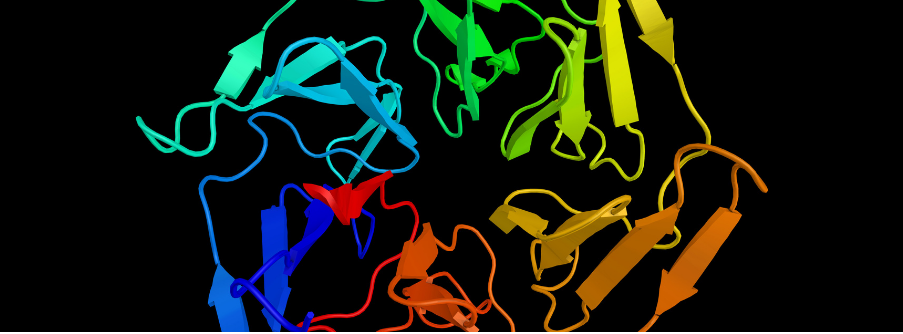
-(5)f37221b7-cd78-458d-97a7-5717399a1c02.png?sfvrsn=63d5f03b_1)

.png?sfvrsn=5b02e8e_1)





.png?sfvrsn=e70fd13a_1)







.png?sfvrsn=b4f251f8_3)















.jpg?sfvrsn=662bc704_0)






.png?sfvrsn=bea3ee8f_4)














.jpg?sfvrsn=53fb331a_3)





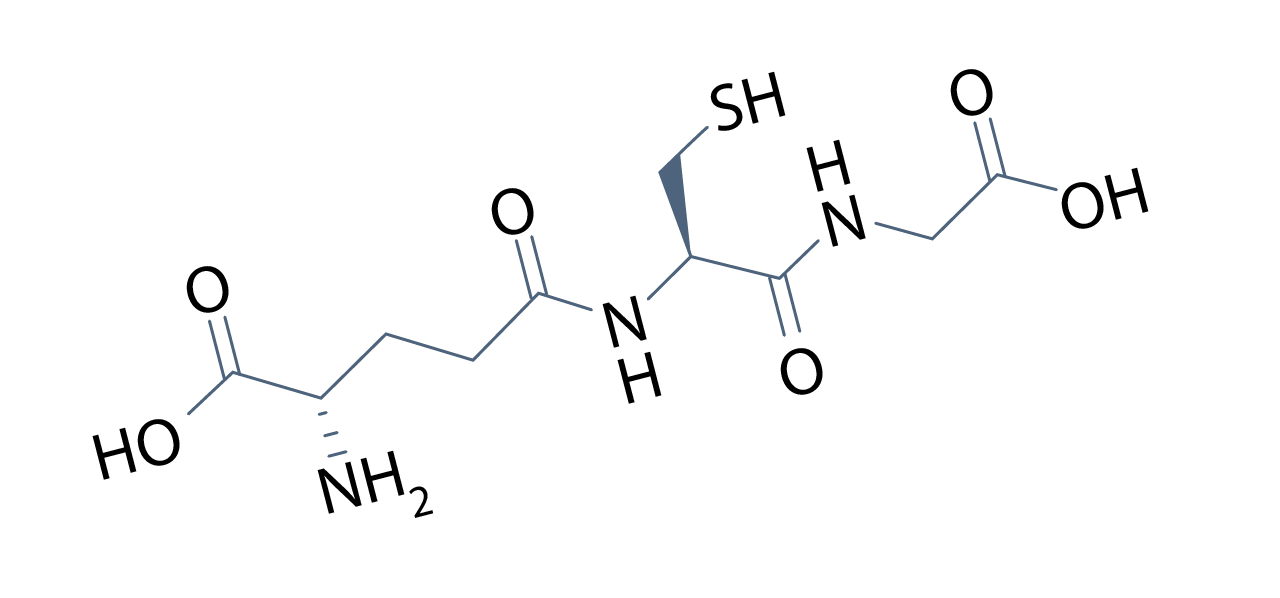






.jpg?sfvrsn=b79e0cea_7)


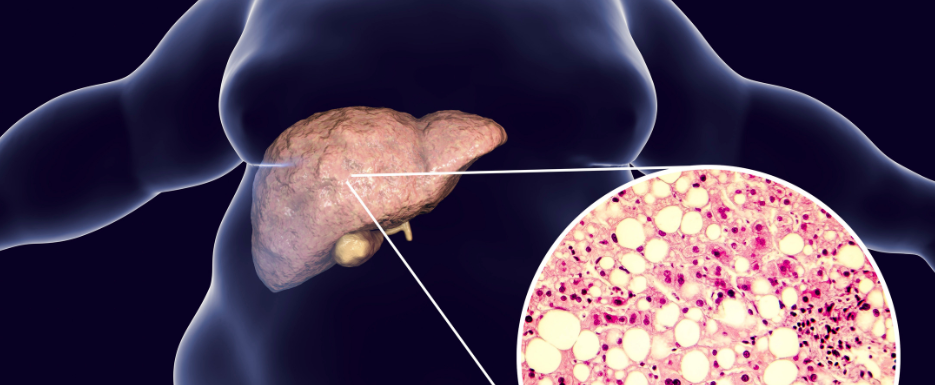

.png?sfvrsn=215b9154_7)

.jpg?sfvrsn=4c78ff3c_5)





.jpg?sfvrsn=d6559a82_6)















.jpg?sfvrsn=8045c27c_10)













.jpg?sfvrsn=acc7eafb_0)



































































